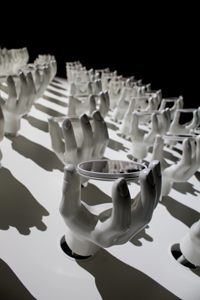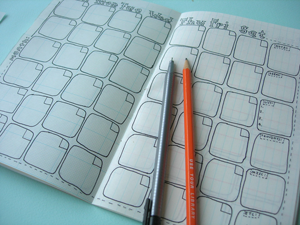
Always begin with a visit to your doctor or health care provider to ensure that there is not an underlying medical cause to your symptoms. Don’t self-diagnose.
Panic attack symptoms include:
- Shortness of breath
- Tightness in the chest
- Rapid heartbeat
- Inability to relax
- NOTE: since these can be symptoms of other medical emergencies, DON’T self-diagnose. Seek emergency medical care if this is the first time you’ve experienced this
What Can I Do To Cope?
- RATE the panic on a scale of 1 to 10, 1 meaning not bad at all, up to 10 meaning, call an ambulance! Anything we can MEASURE we can start to control.
- ACCEPT, don’t fight. Fighting increases the bodily symptoms.
- ASK yourself: what’s the worst that could happen here? How would I handle it?
- BREATHE normally and naturally. Pay attention to your breath.
- FOCUS on an object in the room. See it, describe it to yourself. This helps orient you in the present moment reality.
- TIME the attack (measuring again). Note how little time it actually lasts.
- NOTICE if the attacks are happening in a certain location or at a certain time (“cued” attacks.) When it passes, get out a piece of paper and write about that place or time. BE A SCIENTIST about your panic—objective, measuring, curious.
- TAKE your writings to your counselor to further explore the causes of the panic.
- REMEMBER that overcoming panic is not a matter of willpower. It is a malfunction of brain chemistry which can be helped by cognitive-behavioral therapy and/or medication. Medication takes away the SYMPTOM but not the CAUSE. Therapy helps get to the root of the problem.
Remember that a panic attack won’t hurt your physically. Although it’s very uncomfortable, your body will continue to breathe and function through it. Relaxing even a small amount and observing what’s happening will give you a much-needed distance and perspective.



 When the Holidays Aren’t So Merry—Making it Through the Season
When the Holidays Aren’t So Merry—Making it Through the Season  By: Elizabeth Scott, MS
By: Elizabeth Scott, MS
 A Blog by Dr. Amy Johnson
A Blog by Dr. Amy Johnson We most often suffer more from what we FEAR than what actually HAPPENS, so it’s important for you to learn how to evaluate what you are thinking. Things always look less fearful when we face them head on vs. running or distracting ourselves into TV, alcohol, food, or work.
We most often suffer more from what we FEAR than what actually HAPPENS, so it’s important for you to learn how to evaluate what you are thinking. Things always look less fearful when we face them head on vs. running or distracting ourselves into TV, alcohol, food, or work. “The depression symptoms are just so bad again,” my patient (fictional) sighed as she settled in on my couch after a six month absence. “I’m having the guilt feelings, sadness, no energy, trouble sleeping, and I’m gaining weight because of stress eating. I know you scheduled me to come in once a month for a while after we finished the Plan of Care, but I thought I was cured and didn’t need to. Can we get me back on track?”
“The depression symptoms are just so bad again,” my patient (fictional) sighed as she settled in on my couch after a six month absence. “I’m having the guilt feelings, sadness, no energy, trouble sleeping, and I’m gaining weight because of stress eating. I know you scheduled me to come in once a month for a while after we finished the Plan of Care, but I thought I was cured and didn’t need to. Can we get me back on track?”